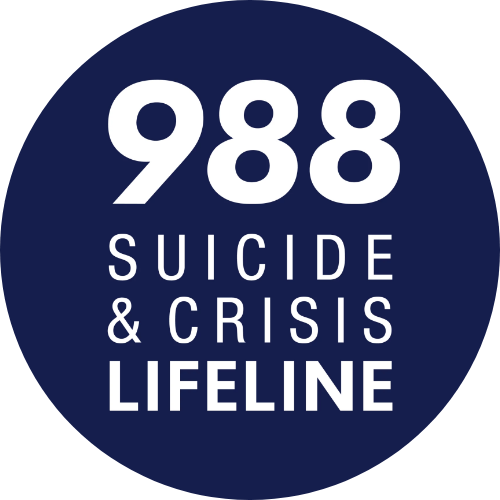There is tremendous societal pressure on new mothers to be nothing but happy. After all, you have a beautiful new baby, right? But pregnancy, birth, and the postpartum period involve massive physical and hormonal changes coupled with sleep deprivation and navigating your new role as a mother. With these changes, it is normal for mothers to experience shifts in mood during pregnancy and the postpartum period.
New and expecting mothers can have feelings of extreme sadness, indifference, anxiety, inability to sleep, and changes in appetite during this transition. If these sound like symptoms you are experiencing, you might be suffering from Peripartum depression (formally known as postpartum depression). This medical condition is a form of depression that occurs during a women’s pregnancy or after childbirth and is serious but treatable. It is a condition that sometimes develops, not a personal flaw.
New Terminology
The American Psychiatric Association recently shifted away from the term postpartum when referring to this type of depression. The use of the term peripartum recognizes that depression associated with having a baby often begins during pregnancy.
It’s important to know that this condition goes beyond what is known as the ‘Baby Blues’, which are usually milder feelings experienced very soon after birth that resolve on their own within a couple of weeks. With the baby blues, you might experience low mood, insomnia, fatigue and/or diminished concentration. However, they do not keep you from being able to care for yourself and your baby.
If these feelings do keep you from being able to care for yourself and your baby, you might have peripartum depression. But you are not alone. Studies estimate that one in seven women are affected by this condition. It’s important that you seek medical and community support right away, including:
Talking to a doctor
See your doctor if you begin to show symptoms of peripartum depression that affect your wellbeing. Together you can make an official diagnosis and determine what treatment option is best for you. Most mild to moderate episodes of peripartum depression can be managed equally well with talk therapy or medication. Severe episodes are likely to respond better to a combination of the two. CHPW can also help you navigate to the care and resources you might need through the Healthy You, Healthy Baby™ program.
Seeking social support
Like any other type of depression, it’s important to have a strong support system. This is especially true when transitioning into motherhood which can feel lonely. Isolation can also make your condition worse. Sharing your experience with someone you trust can be particularly helpful.
If you would like to expand your support system, there are a variety of support group and services available to you. Nurture® Program is a community-based program available to Washington residents that matches you with another mom who serves as a mentor and checks in by text every week. Together, you can problem solve challenges you may be facing, talk about new parenting experiences, and celebrate victories.

Calling 988
Thoughts of hurting yourself or your baby are advanced signs of peripartum depression. If you experience these thoughts, call 988 immediately to get the help you need.
Oftentimes, the pregnancy and postpartum period can be a particularly lonely time for many women. Seeking medical and social support for postpartum depression isn’t just good for you; it’s good for your baby. Taking care of this condition can improve bonding with your infant and improves their nutrition, development and mental health. Taking the time to care for yourself allows you to take the best possible care of your baby
Learn more
- More information on CHPW’s Healthy You, Health Baby Case Management Program
- Information about Pregnancy & Childbirth
- Read Three Tips for New Mothers: Managing Postpartum Stress & Strengthening Your Mental Health
By Tawnya Christiansen (M.D.), Behavioral Health Medical Director at CHPW


